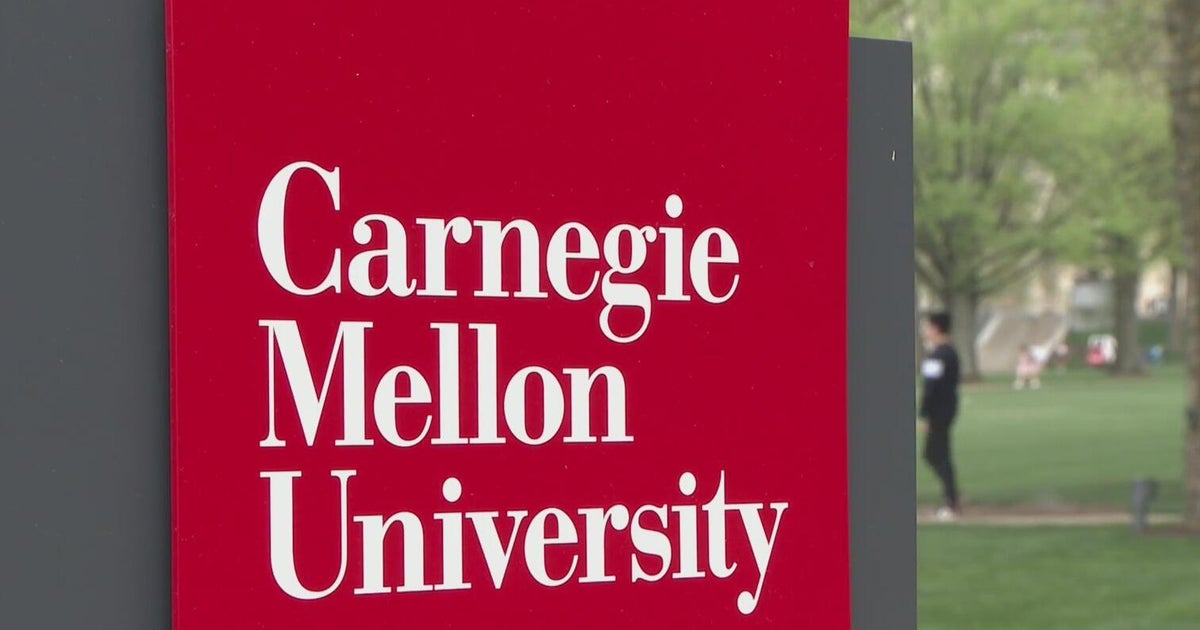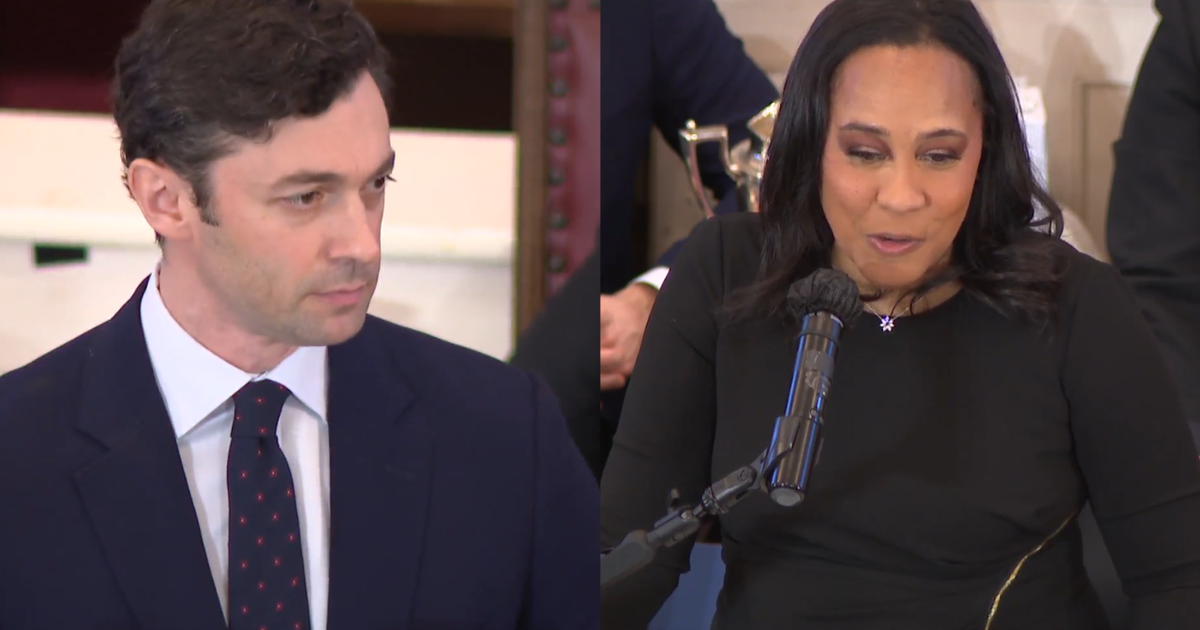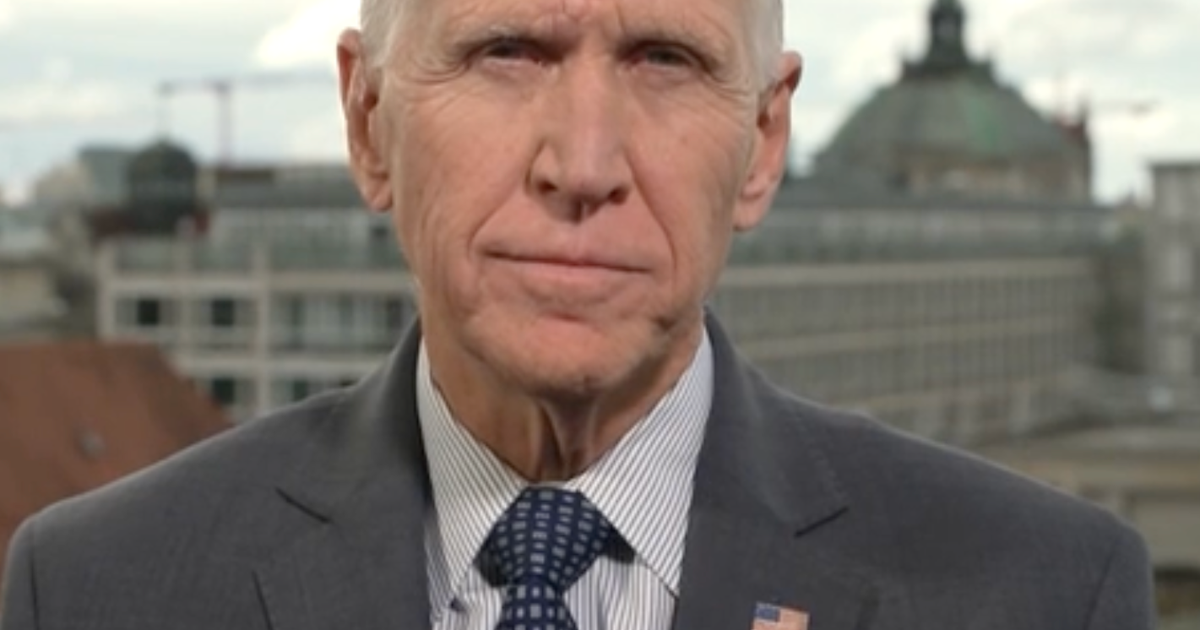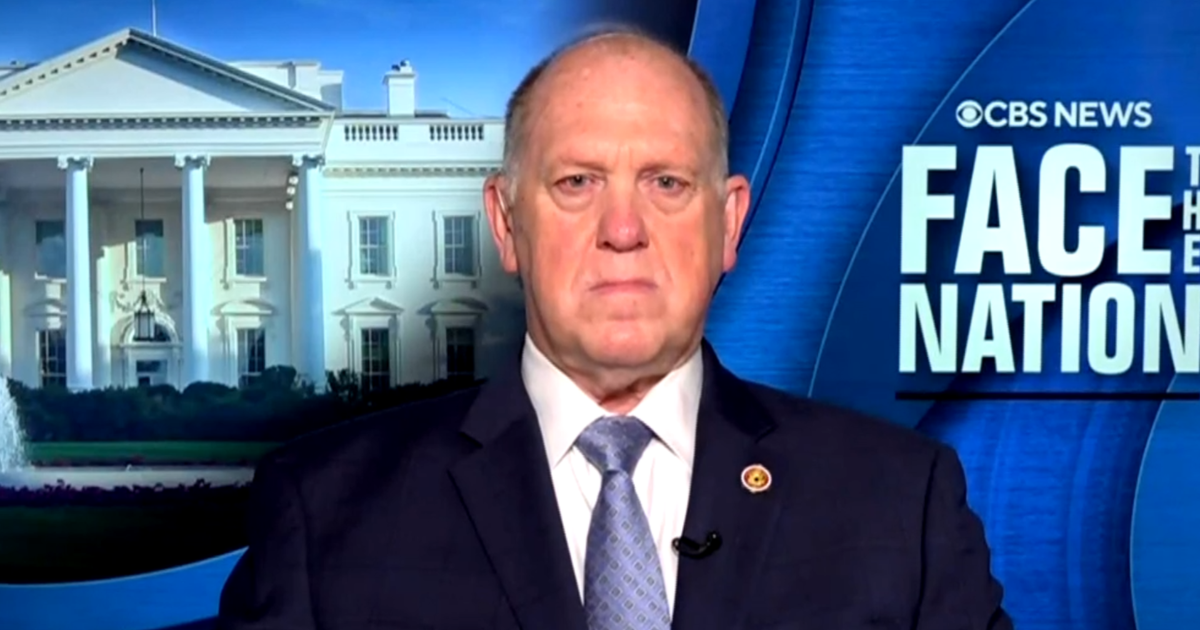How rich is Harvard? It's bigger than the economies of 120 nations.
Harvard University isn't only among the most prestigious U.S. institutions of higher learning — it's also the richest.
Harvard and other elite schools have drawn fierce criticism in recent weeks for their handling of student protests related to the conflict between Israel and Hamas, with some alumni threatening to withdraw large donations and to blacklist students for what they characterize as antisemitic statements.
That's no idle threat. Ivy League colleges and universities like Stanford and MIT have amassed massive endowments, with wealthy alumni exerting considerable influence on university policy and even curricula. Harvard's endowment, at more than $50 billion, is the biggest among U.S. universities and is larger than the GDP of more than 120 nations, including countries such as Tunisia, Bahrain and Iceland.
With the war also playing out as a fight over the competing narratives that hold sway in Gaza and Israel, moneyed donors to elite U.S. schools have sought to use their financial clout to dictate the debate on university campuses. University of Pennsylvania President Liz Magill stepped down as president only days after hedge fund manager Ross Stevens, a graduate of the institution's Wharton business school, threatened to withdraw a $100 million donation following her congressional testimony last week in a hearing about antisemitism on college campuses.
Harvard on Tuesday said that its president, Claudine Gay, who has also became a lightning rod in the controversy, will stay in office after getting support from the university's highest governing body and hundreds of faculty members. But she is likely to face continuing pressure on and off campus as the conflict in Gaza rages on.
Harvard's endowment in 2023
Harvard's endowment in fiscal year 2023 stood at $50.7 billion, down slightly from $50.9 billion the prior year, according to the most recent financial report from its endowment.
The Cambridge, Massachusetts-based school is the richest U.S. university, according to the National Center for Education Statistics, which based its rankings on 2021 endowment data.
Universities, including Harvard, have typically built their endowments through two pathways: donations and investment gains.
Harvard noted that its endowment only returned 2.9% in fiscal year 2023 — far below its goal of 8%. But donations provided the university with 45% of its revenue through gifts and endowment income, signaling the importance of financial contributions from wealthy alumni.
Universities typically rely on their endowments to help fund operations and to provide financial aid to students, with Gay writing in the most recent financial report that Harvard provided more than $850 million in financial aid that year.
"Undergraduates from families with annual incomes below $85,000 are fully funded by the University — they pay nothing — and expected contributions for families with annual incomes between $85,000 and $150,000 max out at ten percent of annual income," she wrote.
Harvard tuition 2023
Such financial aid would certainly be needed by families with annual income of less than $150,000, given that tuition and fees for the current academic year stands at $79,450.
By comparison, the cost to attend Harvard in 1975 was about $5,350, according to Business Insider, underlining the spiraling tuition in higher education nationwide.
That means Harvard's tuition has increased much faster than inflation — that $5,350 would today amount to roughly $30,000 if it had tracked the change in the Consumer Price Index over the last half century. Harvard isn't alone in increasing tuition faster than inflation, with higher education in general outpacing the CPI.
Harvard president's salary
Serving as Harvard's president can be a lucrative job, with Gay earning $879,079 in 2021, when she was president-elect, according to the Harvard Crimson. Outgoing Harvard president Lawrence S. Bacow earned more than $1.3 million that year, it noted.







